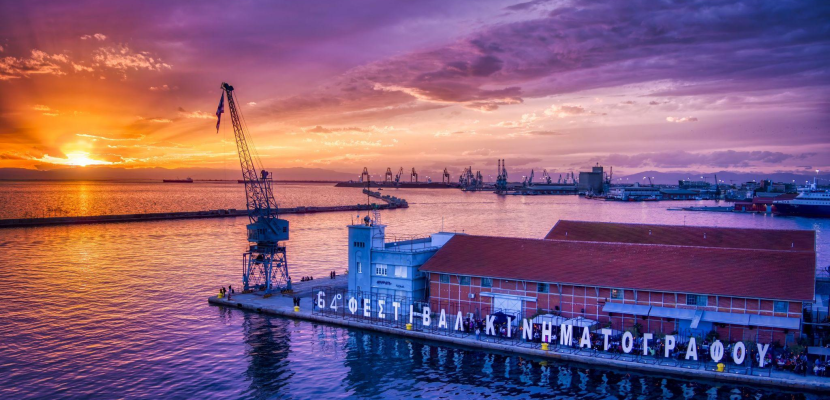
Making a Film Festival Greener

About this good practice
Since 2023, Thessaloniki Film Festival has adopted an environmental policy, which is underwritten by its Board, overseen by its general director and realized by a green officer, a cross-departmental green team, with the assistance of a contracted specialized sustainability expert. TFF’s policy focuses on: Our People, Buildings & Operations, Materials & Procurement, Waste management, Travel & Hospitality, Communication & Collaboration, Programming.
TFF:
-organized a series of seminars & workshops for employees, partners, volunteers
-realized energy upgrade works in its headquarters, improving the building’s energy rating from class D to B (co-funded by the Region of Central Macedonia and the European Regional Development Fund)
-commissioned a carbon footprint and energy management audit for the entire organization
-is a co-signatory of the Green Charter for Film Festivals
-systematized the collection & measurement of data on energy, transportation, food, waste etc.
-is in the process of acquiring EN ISO 14001:2015
Waste Management. TFF took many steps towards:
-reducing waste by revising its procurement policy, limiting its promotional materials, relying on reusable cutlery & products, avoiding single-use plastic water bottles (water coolers are installed across its venues, and guests and audiences are encouraged to use a reusable water bottle)
-diverting several waste streams from landfill, towards composting, recycling and reuse, by working with specialized contractors
Resources needed
-Staff members from across the organization -administrative, technical, creative areas- participate in the green team
-Estimation of cost: around 50.000/year + VAT only for personnel and partners (not for upgrading interventions)
-Challenge: finding the resources for continuing the program
Evidence of success
TFF has commissioned a carbon footprint report for the annual Festival events.
According to the last report, the total waste generation of the 64th Thessaloniki International Film Festival/2023 was 4,098kg, whereas during the previous edition it was 4.814kg. The total emissions/person in 2023 were 0.012 CO2eq, whereas in 2022 the emissions were 0.016 CO2eq.
The reports also showed that the use of water coolers reduced the single-use plastics and that training contributes to sorting at source.
Potential for learning or transfer
TFF
-communicates its environmental policy to public and private bodies to encourage them adopt similar practices
-is a co-signatory of the Green Charter for Film Festivals, a European initiative of the Network MIOB
-is part of the SMART7 Festival Network which organizes focused training sessions for their employees. A sustainability workshop took place in Iceland/2024
-presented its initiatives and the challenges it has encountered during a cluster meeting organized at EFM/2025 by MEDIA
-in order to share and support its commitments, it established a 10-euro “green fee” for accredited guests and pledged to reinvest the fund towards its sustainability action plan
-provides access to training material, good practice guides, case studies from the cultural sector internationally to its team. Regular updates for climate issues and innovations in sustainability are shared. Emphasis is placed on training and compliance with the general framework of the Green Deal and individual policies
Further information
Documents
Good Practice - Film Festival FINAL.docx
Website
Good practice owner
You can contact the good practice owner below for more detailed information.